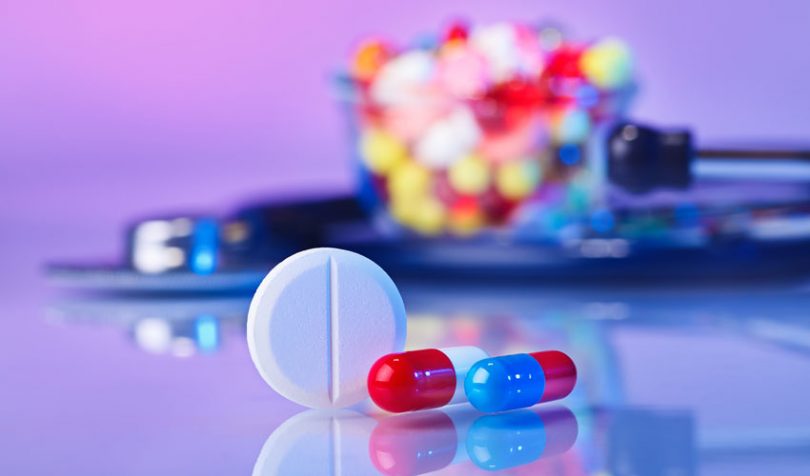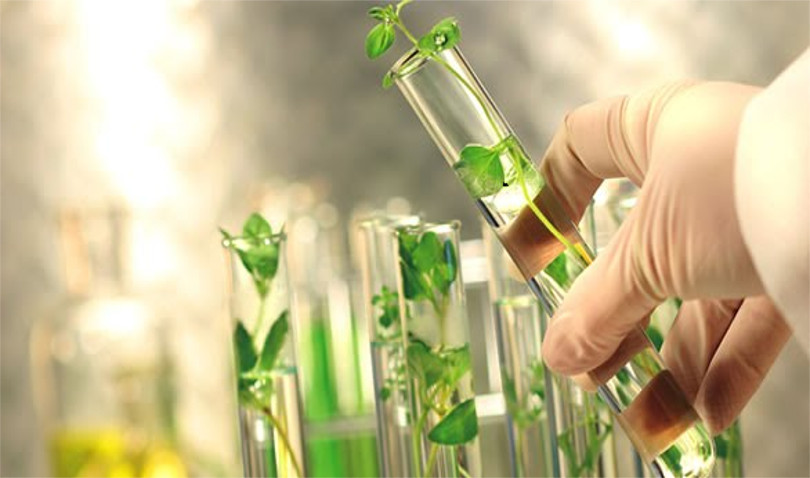Pharmaceutical intermediate is a substance formed during a middle step of a chemical reaction between reactants and the desired product. Intermediates tend to be extremely reactive and short-lived, so they represent a low concentration in a chemical reaction compared with the amount of reactants or products, important industrial products, including useful plastics, are made using these.
Agrochemicals are products with characteristics that facilitate increased nutrient uptake and reduce potential for losses due to pests and diseases. A balanced supply of essential plant nutrients is critical for successful crop production. They basically include fertilizers and pesticides that provide nutrients to plants and protect plants from pests by which increased productivity is attained.
Fine chemicals are inorganic or organic molecules produced by conventional or biotechnological chemical processes in plants across the world. The largest consumer of fine chemicals is the pharmaceutical industry, also employed in the agrochemical industry for manufacturing pesticides, fungicides, and herbicides through rigorously controlled contamination prevention protocols. Other applications that involve the use of fine chemicals include catalysts, adhesives, food, and specialty polymers for advanced composites, foams, fibers, and electronic components.


